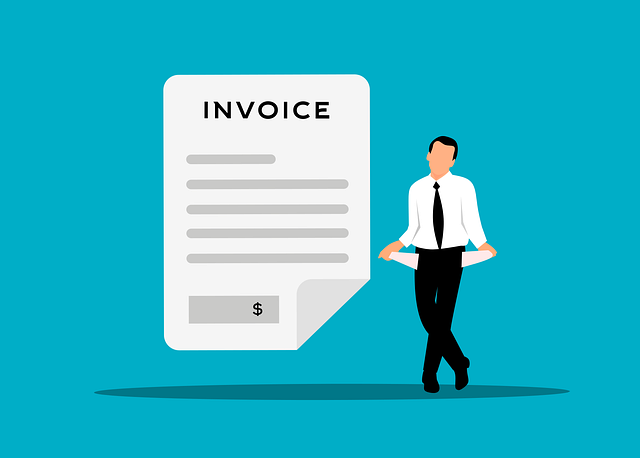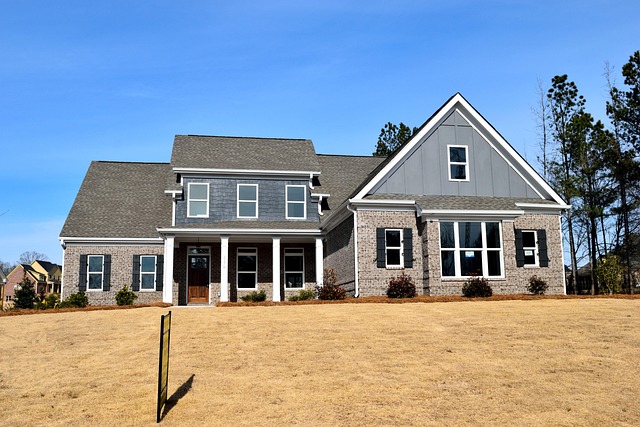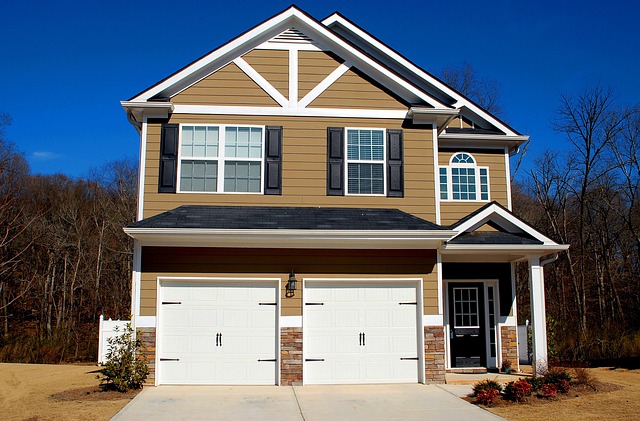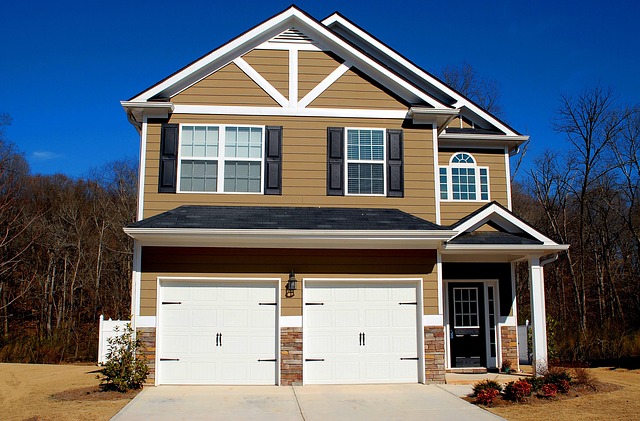Understanding real estate closing costs is crucial for buyers and sellers. Market conditions, mortgage type, property attributes, and negotiation skills impact fees. Strategies to minimize costs include pre-approval, fixed-rate mortgages, comparing estimates, negotiating charges, and flexible move-in dates.
In the dynamic world of real estate, understanding closing costs is paramount for buyers and sellers alike. This intricate process involves various fees and expenses that can significantly impact your financial outcome. By grasping the factors influencing these costs, you can make informed decisions to maximize savings. This article delves into the essentials of closing costs in real estate, explores key influencers, and provides strategic insights to minimize expenses, ensuring a smoother transaction.
Understanding Closing Costs in Real Estate

Closing costs, a term often thrown around in the exciting yet complex world of real estate, refer to the various expenses associated with purchasing or selling a property. These fees can include everything from appraisal and inspection costs to title insurance and property taxes. Understanding these costs is crucial for any buyer or seller as they directly impact their savings and overall financial commitment.
In the vibrant landscape of real estate, closing costs act as a sort of tapestry that weaves together various expenses, each with its own significance. By being aware of these costs, individuals can navigate the process more effectively. This knowledge enables them to budget accordingly, ensuring they aren’t met with unexpected financial hurdles during what should be an exciting time—whether it’s their first home purchase or a strategic real estate investment.
Factors Influencing Closing Cost Savings

In real estate, closing cost savings are a significant consideration for buyers and sellers alike. Several factors influence these savings, offering opportunities to optimize financial outcomes. One key factor is the market conditions at the time of closing. Fluctuations in interest rates can dramatically impact closing costs, with lower rates typically resulting in cost savings for borrowers. Additionally, the type of mortgage chosen plays a crucial role; government-backed loans often have lower fees and charges compared to conventional mortgages.
Other influencing factors include the property’s location, as local market trends and competition among lenders can affect closing costs. A competitive real estate market might lead to more negotiating power for buyers, potentially securing lower fees and charges. Moreover, the size and condition of the property, along with the negotiation skills of both parties, can contribute to significant savings or additional expenses during the closing process.
Strategies to Minimize Expenses at Closing

When navigating the complex world of real estate, minimizing closing costs is a savvy strategy for maximizing savings. One effective approach is pre-approval for a mortgage. This demonstrates your financial readiness to buyers and sellers, potentially expediting the negotiation process and avoiding unnecessary fees. Additionally, consider a fixed-rate mortgage over an adjustable rate. While initial costs may be higher, you’ll enjoy predictable monthly payments and protection from interest rate fluctuations.
Another strategy is to shop around for a variety of closing cost estimates. Don’t be afraid to ask your lender for itemized breakdowns and compare them with competitors. Negotiating certain fees, like title search or appraisal charges, can also lead to significant savings. Furthermore, remain flexible with your move-in date. Closing costs often include a timing component, so settling sooner rather than later may help avoid some expenses.






